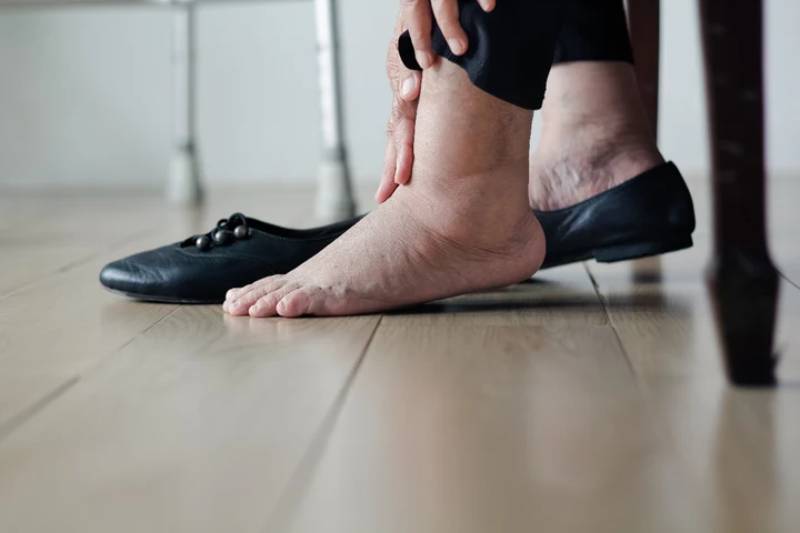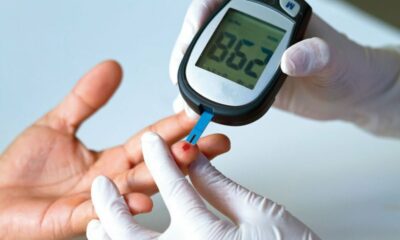Boosting immunity is crucial for everyone, especially diabetics, during the monsoon season when infections are more prevalent. Here’s a detailed guide with unique information to help diabetics enhance their immunity:
- Maintain Blood Sugar Levels: Stable blood sugar levels are vital for a strong immune response. Monitor and manage your blood glucose diligently.
- Hydration: Drink plenty of water to stay hydrated. Dehydration can weaken immunity and affect blood sugar levels.
- Nutritious Diet: Focus on a balanced diet rich in fruits, vegetables, whole grains, lean proteins, and healthy fats. Include foods high in vitamins A, C, D, and E, as these support immune function.
- Vitamin C-Rich Foods: Citrus fruits like oranges, lemons, and grapefruits, as well as berries and kiwis, are excellent sources of vitamin C, which boosts immunity.
- Vitamin D Supplementation: Many diabetics have low vitamin D levels, which can impair immune function. Consult your doctor about supplementation.
- Probiotics: These can promote gut health and support immune function. Yogurt, kefir, sauerkraut, and kimchi are good sources.
- Regular Exercise: Physical activity improves circulation, reduces stress, and enhances immune function. Aim for at least 30 minutes most days of the week.
- Adequate Sleep: Quality sleep is essential for immune function and overall health. Aim for 7-9 hours of sleep per night.
- Reduce Stress: Chronic stress weakens the immune system. Practice relaxation techniques such as deep breathing, meditation, or yoga.
- Hand Hygiene: Wash hands frequently with soap and water for at least 20 seconds to prevent infections.
- Avoid Smoking and Alcohol: These weaken the immune system and can adversely affect blood sugar control.
- Manage Stress: High stress levels can impact blood sugar levels and weaken the immune system. Practice stress-relief techniques such as meditation, yoga, or deep breathing exercises.
- Get Vaccinated: Vaccines can help protect against certain infections. Talk to your healthcare provider about vaccines recommended for diabetics, such as flu and pneumonia vaccines.
- Monitor Feet: Diabetics are at higher risk of foot infections. Inspect your feet daily for cuts, blisters, or sores, and promptly treat any wounds.
- Medication Adherence: Take your medications as prescribed by your healthcare provider to keep your diabetes under control and reduce the risk of complications that could weaken your immune system.
- Stay Informed: Keep up-to-date with healthcare recommendations and guidelines for diabetics during the monsoon season.
- Avoid Crowded Places: Reduce exposure to infections by avoiding crowded places, especially during peak monsoon season.
- Herbal Supplements: Some herbs like garlic, ginger, and turmeric have immune-boosting properties. Consult with your doctor before using herbal supplements.
- Stay Cool and Dry: Moisture and humidity can exacerbate skin infections. Keep your skin dry, especially in areas prone to sweating.
- Consult Your Healthcare Provider: If you have any concerns about your immune health or diabetes management during the monsoon season, consult your healthcare provider for personalized advice and guidance.
These tips aim to strengthen the immune system of diabetics during the monsoon season, helping them stay healthy and reduce the risk of infections.

 Diabetology2 weeks ago
Diabetology2 weeks ago
 Diabetology2 weeks ago
Diabetology2 weeks ago
 Diabetology2 weeks ago
Diabetology2 weeks ago
 Diabetology1 week ago
Diabetology1 week ago
 Diabetology2 weeks ago
Diabetology2 weeks ago
 Diabetology6 days ago
Diabetology6 days ago
 Diabetology2 weeks ago
Diabetology2 weeks ago
 Diabetology6 days ago
Diabetology6 days ago










